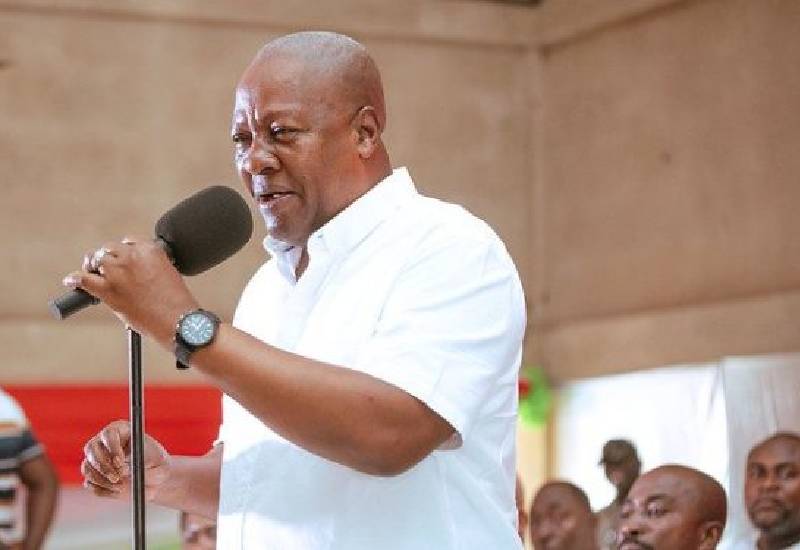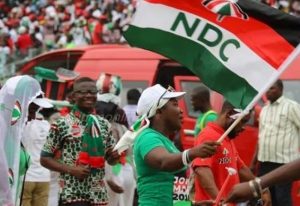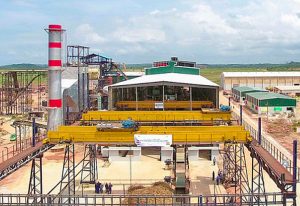Former President John Dramani Mahama’s recent remarks regarding the Free Senior High School (SHS) policy have reignited discussions about the feasibility and effectiveness of this flagship education initiative. During the National Democratic Congress (NDC) campaign launch in Tamale, he promised to enhance the Free SHS program and eliminate the double-track system, aiming to enable all students to attend school simultaneously.
Context of Current Comments
In his statements, Mahama acknowledges the existing challenges associated with the Free SHS policy, such as overcrowded classrooms and the logistical difficulties posed by the double-track system, which was introduced to alleviate pressure on infrastructure and resources. By pledging to improve this system, he aims to address concerns raised by stakeholders, including parents, educators, and students themselves, who have highlighted issues with timely access to education and learning outcomes.
Historical Context
During Mahama’s presidency from 2012 to 2017, he initiated several educational reforms, including the implementation of the ‘Progressive Free SHS’ concept, which later evolved into the current Free SHS policy under President Nana Akufo-Addo’s government in 2017. Although Mahama’s administration had diverse education initiatives, including the introduction of the Ghana School Feeding Programme and the construction of more schools, critics argue that the full implementation and sustainability of a comprehensive free secondary education system remained contentious.
Statistical Insights
- Enrollment Rates: Since the implementation of the Free SHS policy in 2017, enrollment rates in secondary schools increased substantially. For instance, reports indicated that enrollment rose from approximately 800,000 in 2016 to over 1.2 million by 2021. However, the introduction of the double-track system was a response to this increased demand, dividing the academic year into two sessions to accommodate the rising number of students.
- Performance Metrics: There have been mixed reports on the academic performance of students under the Free SHS initiative. While enrollment rates have increased, there have been concerns about the quality of education and students’ performance in national exams, such as the West African Senior School Certificate Examination (WASSCE).
- Stakeholder Concerns: Various educational stakeholders have pointed out that the double-track system not only disrupts learning due to staggered schedules but has also led to resource allocation issues. Mahama’s commitment to remove this system reflects an acknowledgment of these concerns and a pledge to restore a more traditional academic calendar, potentially benefiting both students and teachers.
Implications of Mahama’s Commitment
If elected, Mahama’s renewed focus on improving the Free SHS policy and eliminating the double-track system could have significant implications for Ghana’s education sector:
- Increased Funding: Enhancements to the Free SHS system will likely require increased government funding and resource allocation. Success will hinge on fiscal management and the ability to effectively mobilize resources.
- Infrastructure Development: Removing the double-track system would necessitate addressing infrastructural bottlenecks in schools, including the construction of more classrooms, recruiting additional teachers, and ensuring the availability of learning materials.
- Long-term Sustainability: Stakeholders will be watching closely to gauge the sustainability of Mahama’s promises. The balance between providing free education and ensuring quality remains vital but challenging.
Former President Mahama’s promise to improve the Free SHS program and abolish the double-track system highlights the ongoing debates surrounding educational policy in Ghana. While his intentions resonate with past criticisms, the practicality of these commitments will depend on comprehensive planning, adequate funding, and effective management to guarantee that the quality of education meets the growing demands of the nation’s youth.
Godwin Owusu Frimpong




